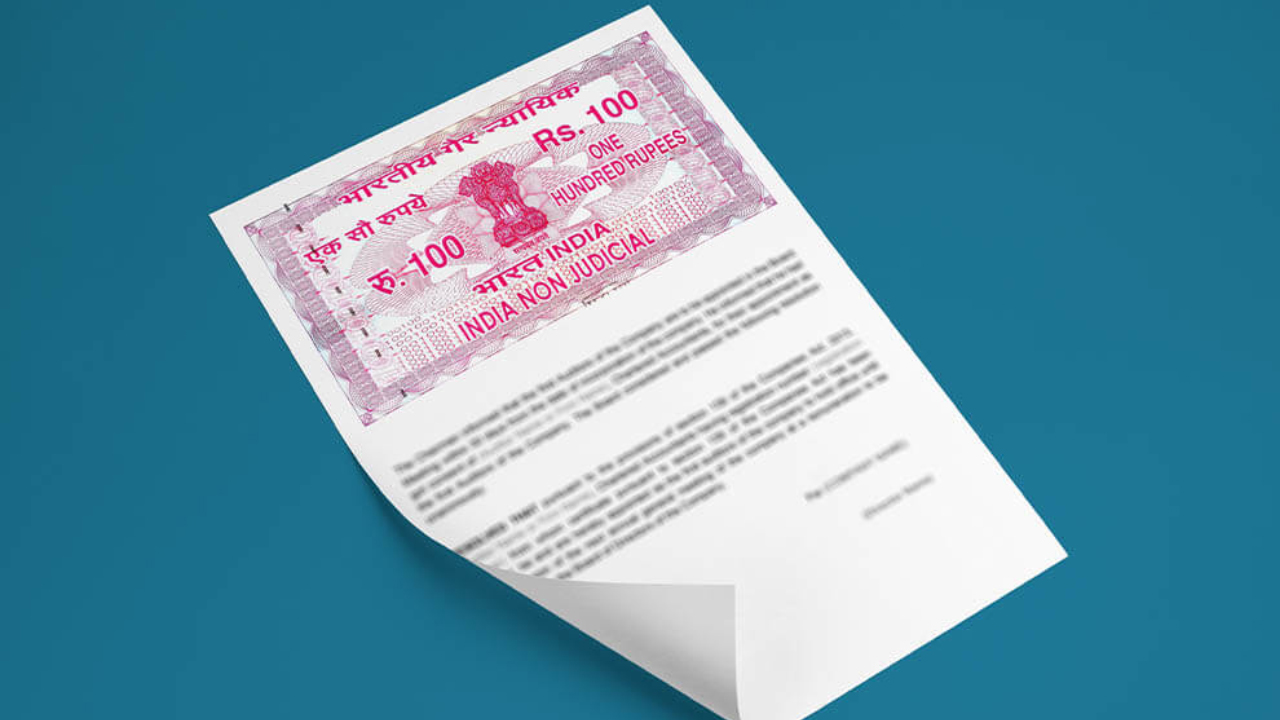Stamp duty is a tax levied on legal documents, typically in the context of property transactions. It is a crucial part of the property registration process and serves as legal proof of the transaction. Here are some key points about stamp duty:
Key Points about Stamp Duty:
1. Purpose: Stamp duty is imposed by the government to validate the legal status of property documents, making them admissible as evidence in courts of law.
2. Applicability: It is applicable to a wide range of documents, including property sale agreements, deeds, and other legal contracts related to the transfer of ownership or rights.
3. Calculation: The amount of stamp duty is usually calculated as a percentage of the property’s market value or the transaction value, whichever is higher. This percentage varies from state to state within India.
4. Payment: Stamp duty must be paid before or at the time of executing the property transaction documents. Payment can often be made online through the state government’s official portal or physically at designated banks or government offices.
5. Rates in Delhi: In Delhi, the stamp duty rates are typically:
- 4% of the property value for women
- 6% of the property value for men
- 5% of the property value for joint registration (man and woman)
6. Documentation: The stamp duty is evidenced by a stamp affixed on the document or an endorsement indicating payment. This stamp can be a physical adhesive stamp or an electronic e-stamp.
7. Legal Requirement: Paying stamp duty is mandatory for the legal recognition of property transactions. Failure to pay the required stamp duty can result in legal complications, including the document being considered invalid in a court of law.
8. Role in Property Registration: Stamp duty payment is a prerequisite for the registration of property documents at the Sub-Registrar’s office. The property cannot be legally transferred without completing this step.
9. Refund and Revalidation: In certain cases, if the transaction is canceled or the stamp duty is paid in excess, a refund or revalidation of the stamp duty can be requested from the relevant authorities.
10. Exemptions and Concessions: Certain categories of buyers, such as women or senior citizens, may be eligible for reduced stamp duty rates. Additionally, various states offer concessions for specific types of transactions or buyer profiles.
Example:
If you are purchasing a property in Delhi valued at ₹50,00,000, the stamp duty calculation would be as follows:
- For a woman buyer: 4% of ₹50,00,000 = ₹2,00,000
- For a man buyer: 6% of ₹50,00,000 = ₹3,00,000
- For joint registration (man and woman): 5% of ₹50,00,000 = ₹2,50,000
Understanding stamp duty is essential for anyone involved in property transactions, as it is a significant cost and legal requirement that must be accounted for in the buying or selling process.



